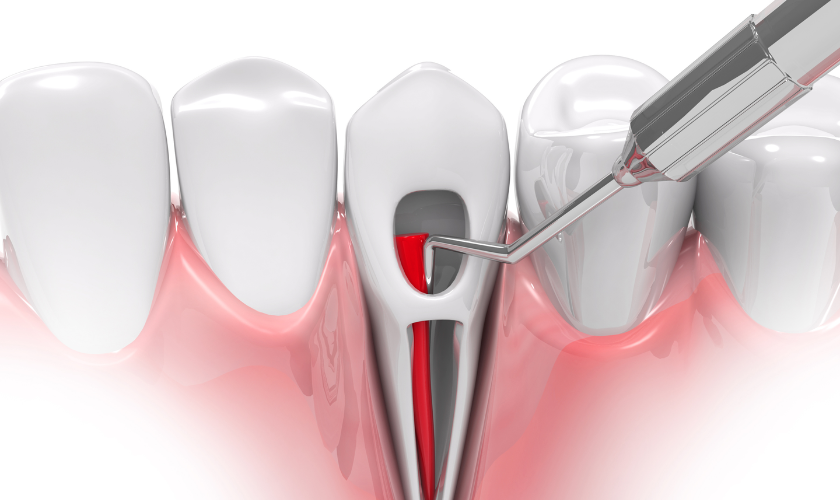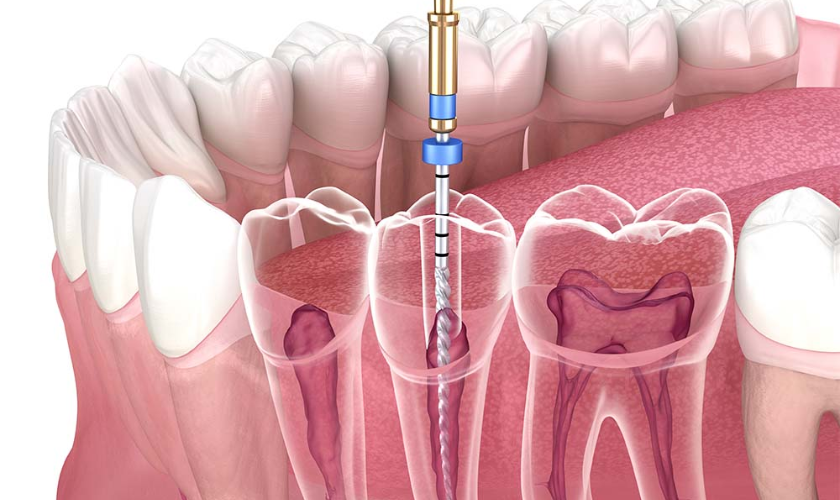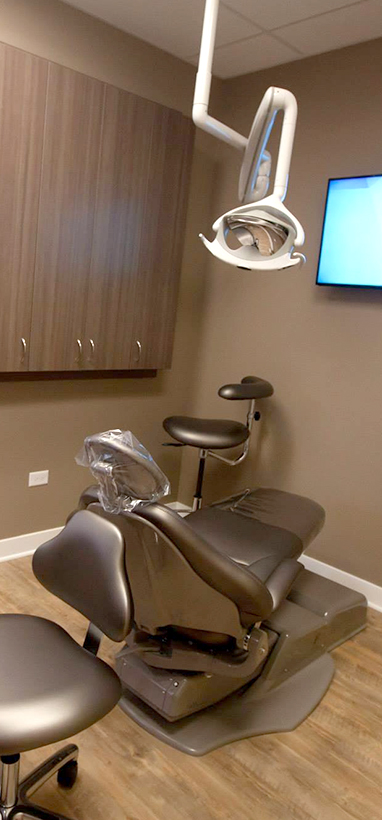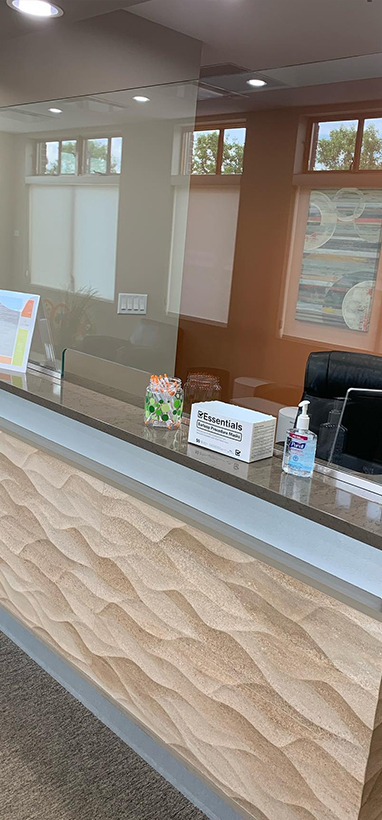1516 Legacy Cir, Naperville, IL 60563
When Do You Need a Root Canal Treatment?
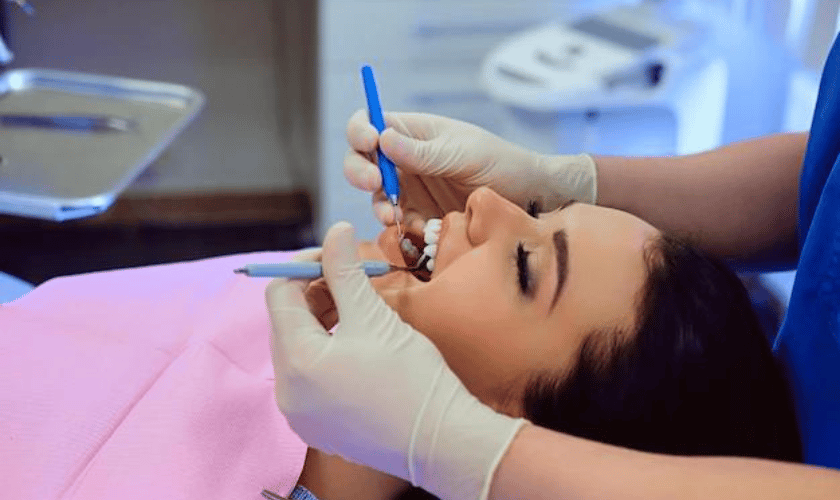
A root canal is a treatment used to repair and save a tooth that has been severely damaged or infected. The procedure involves removing the damaged or infected tissue and any decayed areas inside the tooth. A root canal can effectively treat a tooth that would otherwise need to be extracted. In many cases, a root canal can help you keep your natural teeth and avoid getting dental implants or bridges.
If you have severe pain in your tooth or gums, swelling, sensitivity to hot or cold temperatures, or discoloration of your tooth, you may need a root canal. Your dentist will examine your mouth and take X-rays to determine if you need a root canal. If you need one, the procedure can usually be done in one or two visits to the dentist. Your dentist will open your tooth and clean the damaged tissue during the procedure. Once the area is clean, they will fill it with a special material called gutta percha and then seal it off.
After a root canal, it’s important to take good care of your teeth by brushing twice daily and flossing at least once daily. You should also see your dentist for regular checkups so they can monitor your teeth and make sure everything is healing properly. Root canal treatment can help save your natural teeth and prevent further damage down the road!
What are the symptoms of root canal treatment?
Toothaches can be one of the most uncomfortable feelings, but you may be surprised to learn that the root cause of such pain is often rooted inside your teeth. According to the American Association of Endodontists, one may need a root canal treatment if they experience tooth pain while chewing or biting, prolonged sensitivity to hot or cold temperatures, gum swelling, and discoloration of their tooth enamel. Though these symptoms share similarities with common dental problems such as cavities and gingivitis, this type of infection can only be assessed by an expert endodontist who can diagnose and treat your condition accordingly. Keep in mind that this affliction can be quickly rectified with prompt attention, so if you are suffering from any of these symptoms, it’s important to get help immediately.
Are there any risks associated with root canal treatments?
Root canal treatments are a common solution for relieving pain caused by an infected tooth, and most often, the procedure is successful. However, rare risks are associated with any dental work, and root canals are no exception. These risks include infection, nerve damage or inflammation of the teeth and gums, and sinus problems. Taking the time to consult an experienced dentist before undergoing a root canal treatment can help to reduce the chances of experiencing these types of side effects. It is also important to follow all necessary at-home care steps suggested by your dentist – such as regular brushing and flossing – to keep your teeth in good health following this dental procedure.
How can I prevent needing a root canal treatment?
Practicing good oral hygiene is important for more than just a brighter smile and fresh breath: it can help you prevent needing a root canal treatment in the future. Brushing your teeth twice daily, flossing daily, and visiting the dentist routinely are all habits that should be incorporated into your oral care routine to keep your teeth healthy. Practicing these simple habits regularly can have lasting positive effects, such as reducing your risk of needing a root canal. They will reduce plaque buildup and any potential decay from forming. Taking proper care of your teeth now or in the future could save you from the pain, inconvenience, and cost associated with a root canal procedure, so there is no excuse not to take proper care of your teeth.
Root canal treatment is usually a successful procedure with few complications. If you are experiencing any symptoms that may indicate the need for a root canal, be sure to contact our dentist at Living Well Dental Group. Good oral hygiene habits can help prevent the need for a root canal by keeping your teeth and gums healthy.




